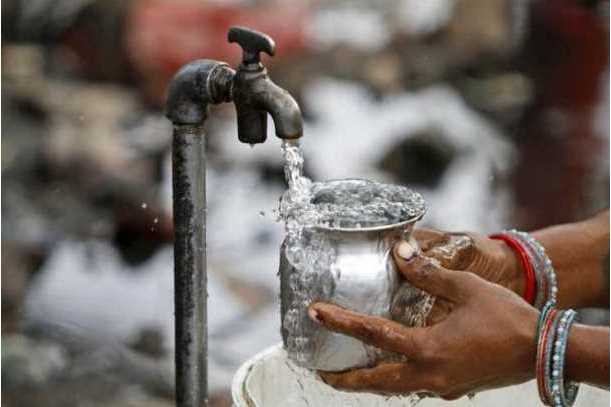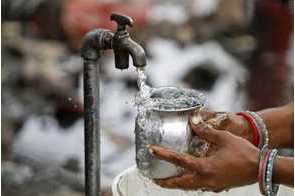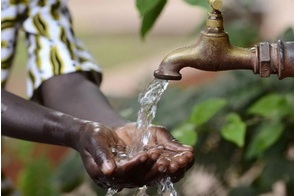World Water Day 2017 to focus on safe treatment and reuse of wastewater

Summary
The World Water Council advocates access to clean water as a universal human right.
Ahead of the World Water Day, marked on March 22nd, the World Water Council (WWC), has called on governments to focus on funding projects that make safe water available to all on the planet, considering that 12% of the world's population currently does not have access to safe drinking water. About 319 million people in Sub-Saharan Africans (or 32% of the population) have no access to portable water, the Marseille-headquartered organisation said on Monday.
The WWC, an international organisation that advocates better water management across the world, said only 48% of the population of Equatorial Guinea has access to clean water. In Angola only 49% have access. Water access in Chad and Mozambique are at 51%, and the Democratic Republic of Congo and Madagascar is at 52%.
According to WWC, there are 554 million Asians (or 12.5%) who also have no access to portable water. In Latin America, 50 million people (8%) lack this most basic necessity. The Council said 3.5 million people die every year from water-related diseases – far more than deaths resulting from car accidents and AIDS combined. An estimated 4,500 children also die daily for similar reasons.
The theme of the World Water Day 2017 is ‘Water and Wastewater.’ The aim is to focus on how wastewater can be used as a valuable resource. Its safe management can provide an opportunity for efficient investment in the health of humans and ecosystems.
“Approximately 90% of the world’s wastewater flows untreated into the environment while more than 923 million people in the world do not have access to safe drinking water, 2.4 billion do not have adequate sanitation, one out of five children under the age of 5 die prematurely each year from water-related diseases, and nearly 40% of the population already face water scarcity, which may increase to 66%, or two thirds of the population, by 2025," said Benedito Braga, President of the World Water Council. "In addition, approximately 700 million people are living in urban areas without safe toilets.”
Working in partnership with other stakeholder-organisations, the WWC advocates access to clean water as a universal human right. It advises local and regional governments to strive for the attainment of the United Nation’s Sustainable Development Goal 6 which seeks for delivery of safe water and sanitation globally by 2030.
Two-thirds of the 94 countries surveyed by the World Health Organization in 2014 have recognized drinking water and sanitation as a universal human right, according to WWC. This is following the recognition by the United Nations in 2010 of the right to water and sanitation.
An estimated $650 billion of annual investment is required from now until 2030 to ensure the infrastructure necessary to achieve universal water security is put into place.
Related
-
AfDB approves $391 million to finance water and sanitation project in Kenya
The project will provide reliable water supply for 2.1 million people and sewerage systems for 1.3 million people.
-
World Bank approves $700mn for water, sanitation and hygiene in Nigeria
In 2019, approximately 60 million Nigerians were living without access to basic drinking water services.
-
Tackling water stress in the face of climate change
Strategies to cope with water stress might not be effective without properly accounting for water.








